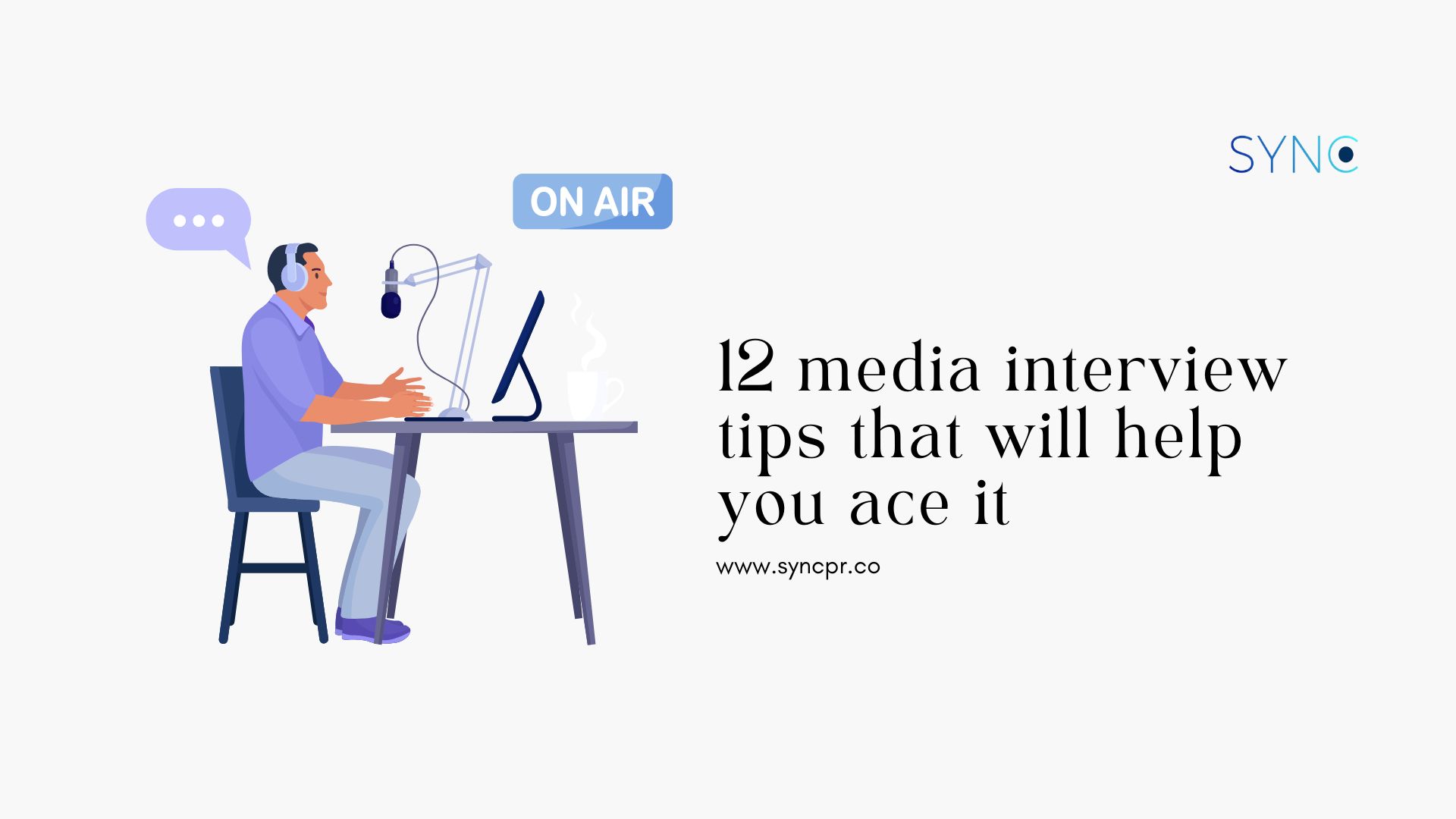Are you preparing for a media interview and feeling anxious about it? This could potentially make or break your business, so you should definitely be prepared. As PR professionals, we understand the importance of preparing for media interviews, especially when it comes to your brand’s reputation.
Media interviews can be a fantastic opportunity to showcase your expertise and knowledge, but they can also be nerve-wracking. To help you ace your next media interview, we have put together a comprehensive guide with useful media interview tips and tricks.
READ MORE: We share our thoughts on public relations for Malaysian SMEs
What is a media interview
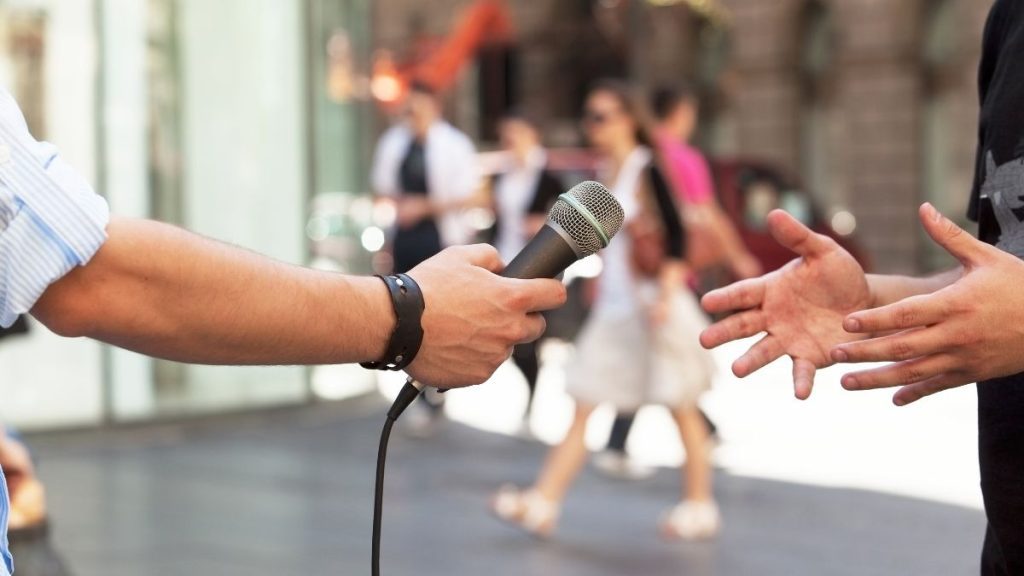
Before we start, let’s first delve into what is actually a media interview. So, there are different types of interviews, but the main ones are:
- Broadcast interviews: either a TV or radio interview that can be live or pre-recorded. This is filmed or recorded for the audio and it is often shorter without many breaks during the recording. These can be filmed or recorded in the studio, online or at a separate location.
- Face-to-face interviews (or online): these are in-person interviews (or even over Zoom or Google Meet) that journalists conduct and can be for print or online. These also require a lot of prep, because the way you answer or how you respond to interviews and follow-up questions is critical.
- Email interviews: these are Q&As sent by the media, which we can answer through email and prep isn’t really required.
Each type is important, so make sure you put effort into responding and making sure you do your best for this interview. And now, here are the media interview tips that will help you.
Research the interviewer and the outlet
Before the interview, research the interviewer and the outlet they represent. Find out what type of stories they usually cover, their interests, and their style of reporting. This will give you an idea of what to expect and help you tailor your responses to their style. It will also help you to build rapport with the interviewer, which can lead to a more relaxed and engaging interview.
Understand your brand’s key messages
Before the interview, you need to understand your key messages. What are the three to four key points that you want to convey during the interview? Write them down and practice delivering them in a concise and clear manner. If you get nervous during the interview, having a clear understanding of your key messages will help you stay on track.
Practice makes perfect
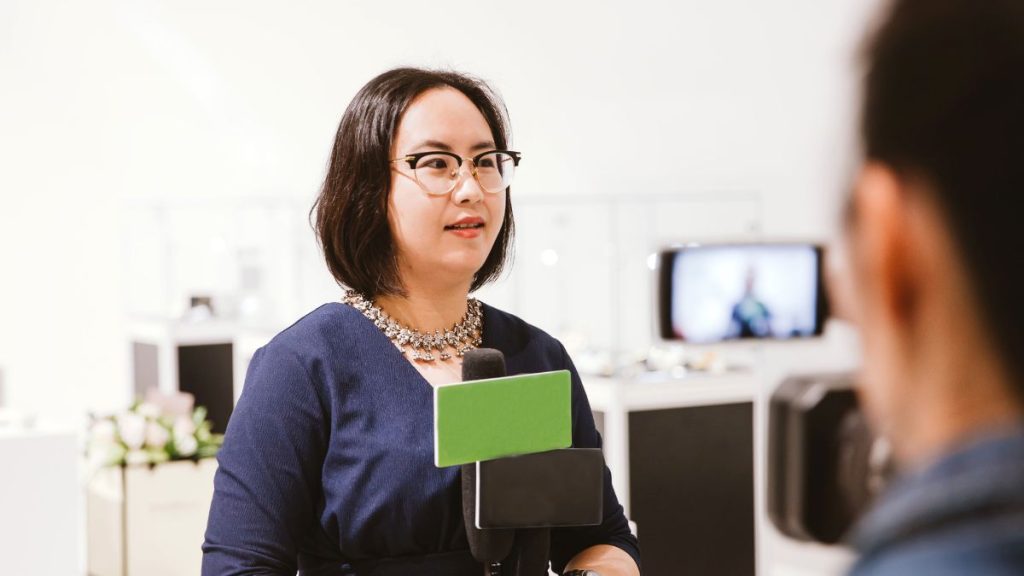
Practice, practice, practice! Practice your interview skills with a friend or colleague. Record your mock interview, and watch it back to identify areas for improvement. This will help you to build confidence and ensure that you are well-prepared for the real interview.
Don’t talk too much
If you have a habit of rambling when you’re nervous, make sure you stop it. Rambling during an interview makes you appear nervous, and it also makes you appear unprepared. You want to be informative while also being clear and concise. Given that the average sound bite is less than 10-15 seconds, you’ll want to make sure you choose your words wisely in order to get your point across.
You should also make sure that your responses are emotional. You’ll come across as caring, compassionate, knowledgeable, and relatable, which are all qualities you want to project during an interview.
Dress appropriately
The way you present yourself during the interview is crucial. Dress appropriately for the occasion and the outlet. If it’s a TV interview, make sure your outfit is appropriate for the camera. Avoid wearing busy patterns, stripes, or bright colours that can be distracting. Keep your outfit simple, professional, and on-brand.
Body language
Body language plays a critical role in how you are perceived during the interview. Sit up straight, maintain eye contact, and use hand gestures to emphasize key points. Avoid fidgeting, slouching, or crossing your arms, as this can make you appear closed off or uninterested.
Stay on message
During the interview, make sure you stay on message. If the interviewer asks a question that is not relevant to your key messages, steer the conversation back to your core topics. Avoid going off on tangents or getting sidetracked. Remember, you are in control of the interview, not the interviewer.
Be authentic
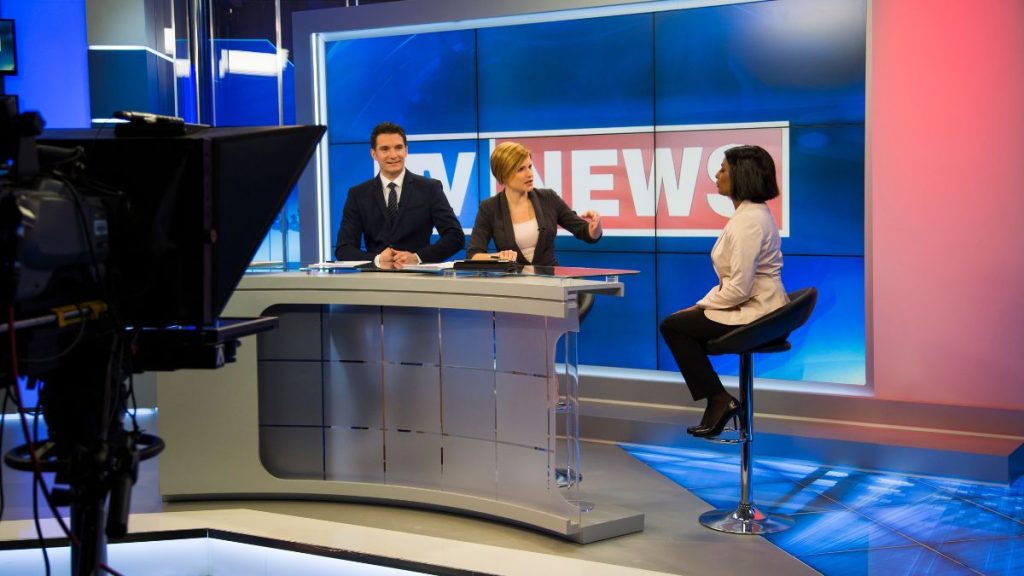
Be authentic. Be yourself, and let your personality shine through. If you try to be someone you’re not, it will come across as disingenuous. Authenticity builds trust, and trust is essential for building strong relationships with the media.
Visualize success
Visualization can be a powerful tool for calming your nerves and preparing for success. Take some time before the interview to visualize yourself giving a successful interview. Imagine yourself answering questions with ease and confidence, and delivering your key messages flawlessly. Visualization can help you feel more relaxed and confident during the interview.
Don’t be afraid to pause
It’s okay to pause and take a moment to collect your thoughts during the interview. If you need a moment to think about your answer, take a deep breath and pause for a few seconds before responding. This will help you gather your thoughts and deliver a more thoughtful and concise answer.
Follow up
After the interview, be sure to follow up with the interviewer. Send a thank-you email or note, and let them know how much you appreciate the opportunity to be interviewed. This will help you build a relationship with the interviewer and increase the chances of future opportunities.
READ MORE: Here are 10 AI content tools that are not ChatGPT for you to try out
Embrace feedback
Finally, embrace feedback. If you receive feedback on your interview, take it as an opportunity to learn and grow. Use the feedback to improve your skills and refine your messaging. Remember, even the most experienced media professionals have room for improvement, and feedback can be a valuable tool for achieving success.
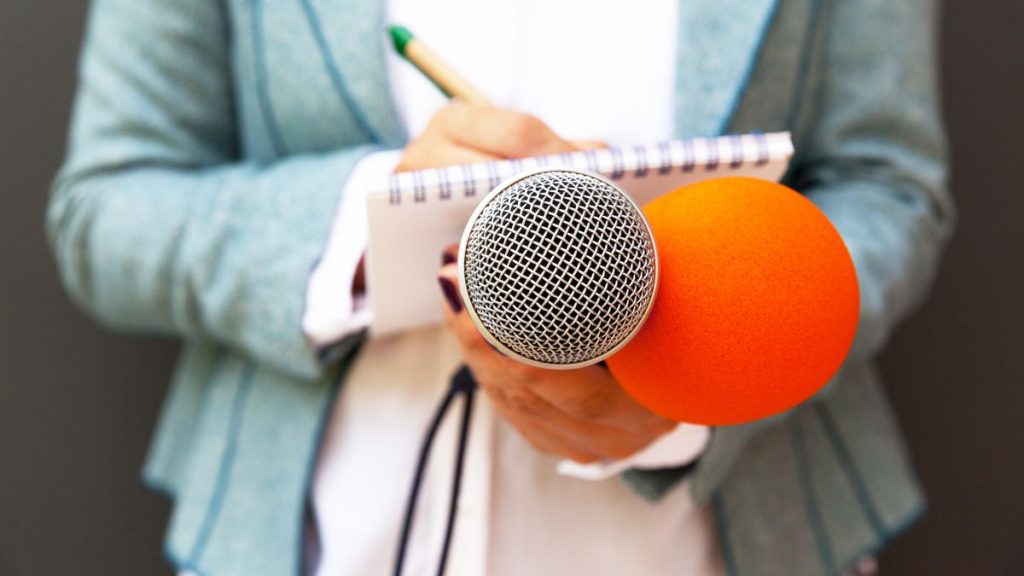
In conclusion, media interviews can be an excellent opportunity to showcase your expertise and connect with your audience. By researching the interviewer and publication, understanding your key messages, practising your delivery, dressing for success, being authentic, being clear and concise, and being prepared for the unexpected, you can ensure that you’re well-prepared for your next media interview.
Do you want more media interview tips?
Public relations is an integral part of any business’s success and is especially important for business owners. Working with a top Malaysian PR agency or Singapore PR agency like SYNC is critical to using PR to scale your business in a sustainable and effective way. We help prepare you for media interviews as well as secure amazing interviews that help boost your brand image. Drop us a message at hello(@)syncpr.co to find out how we can work together.

